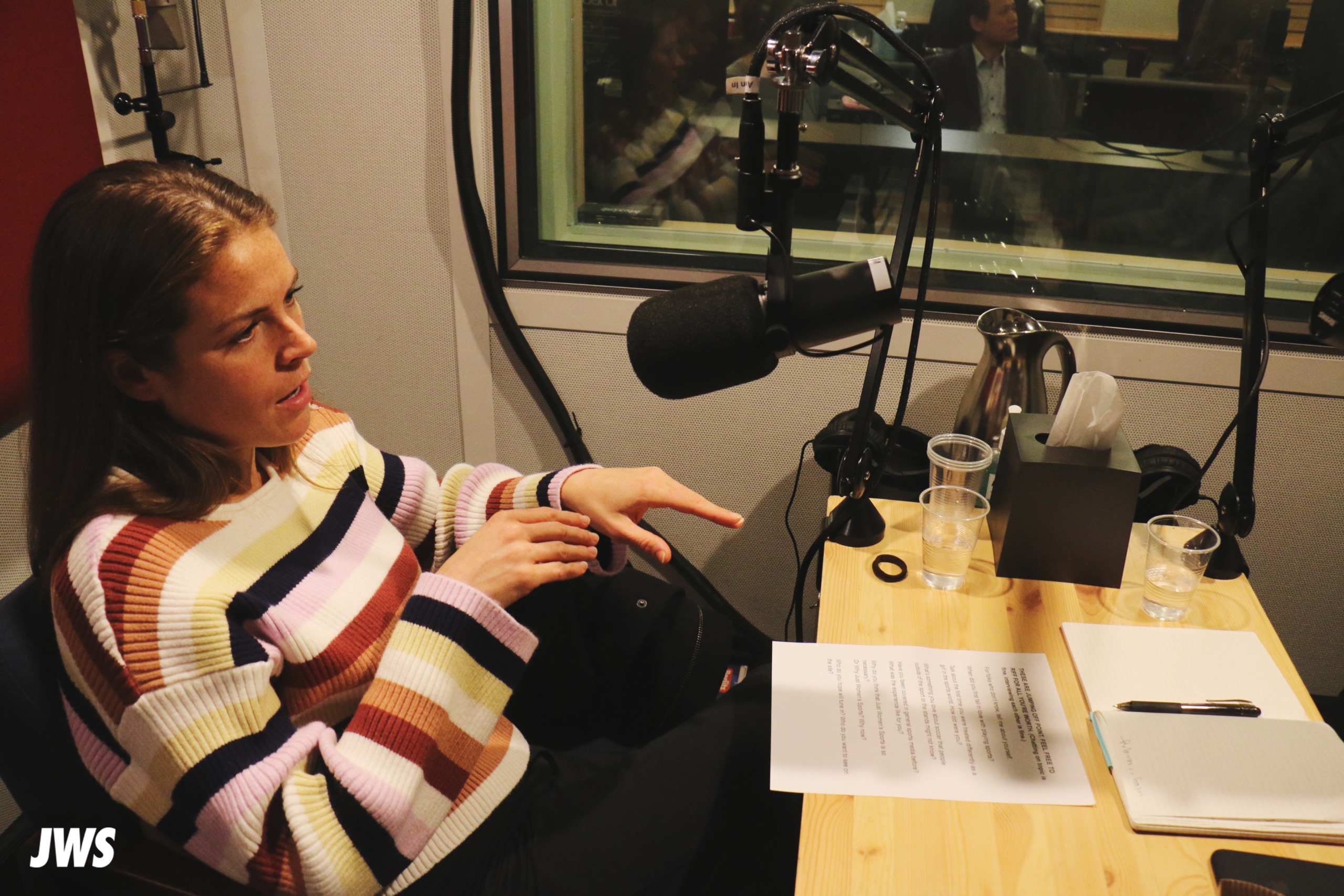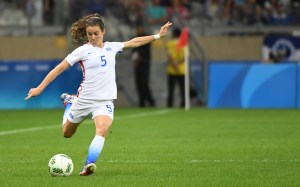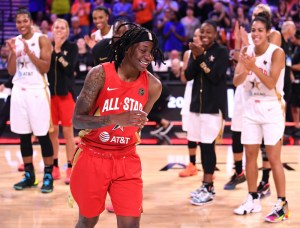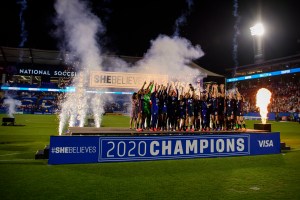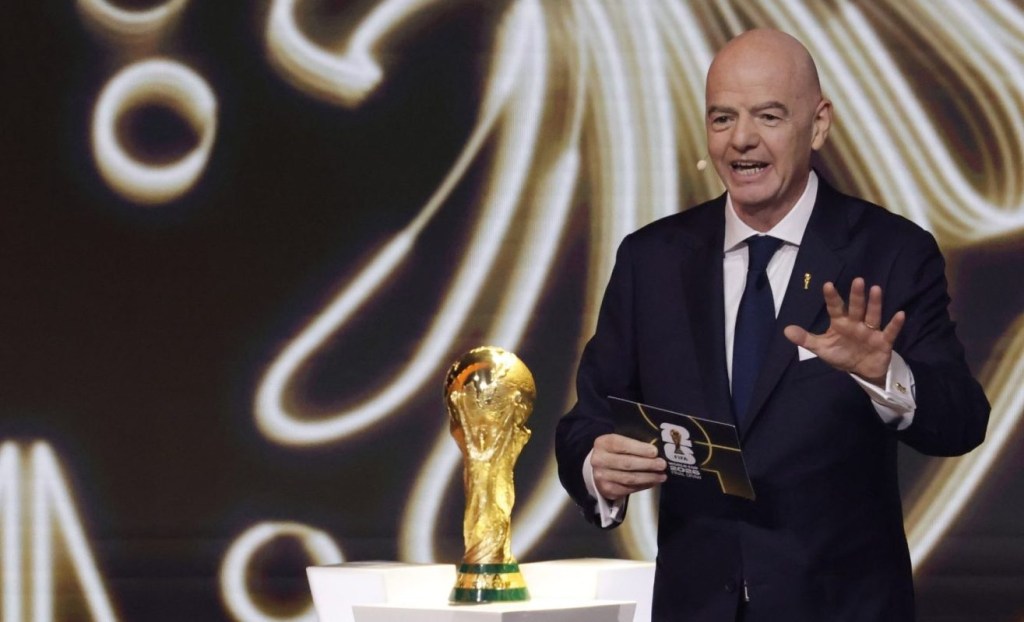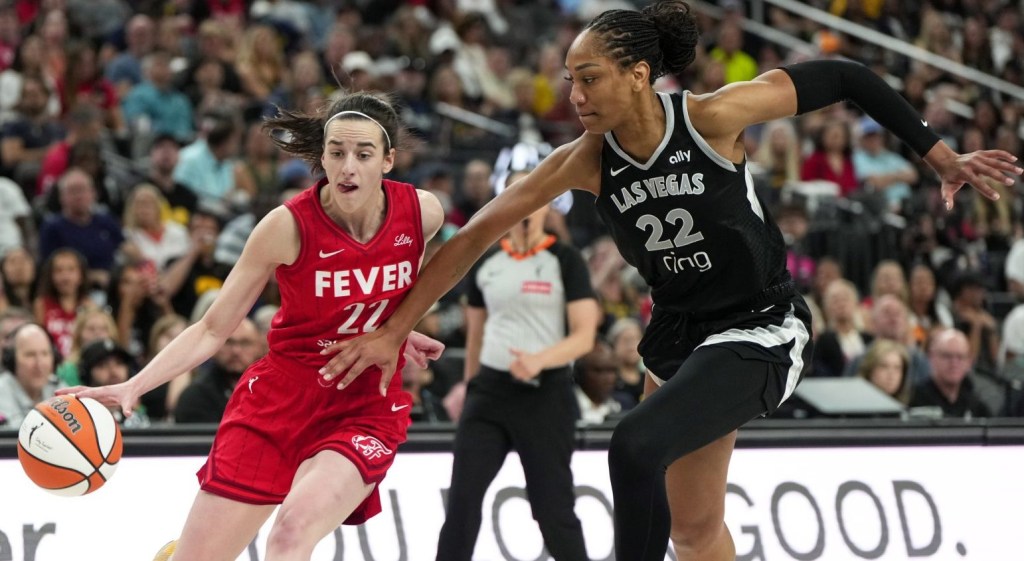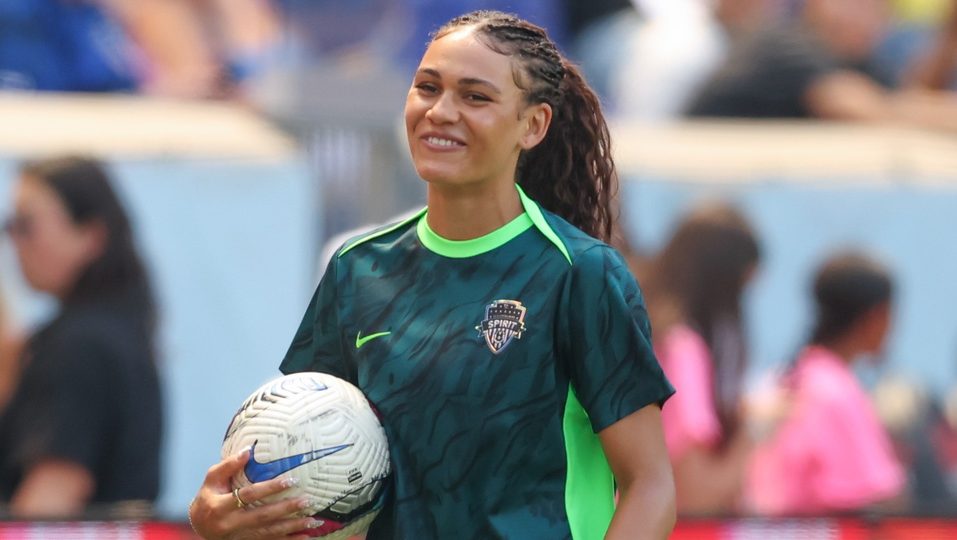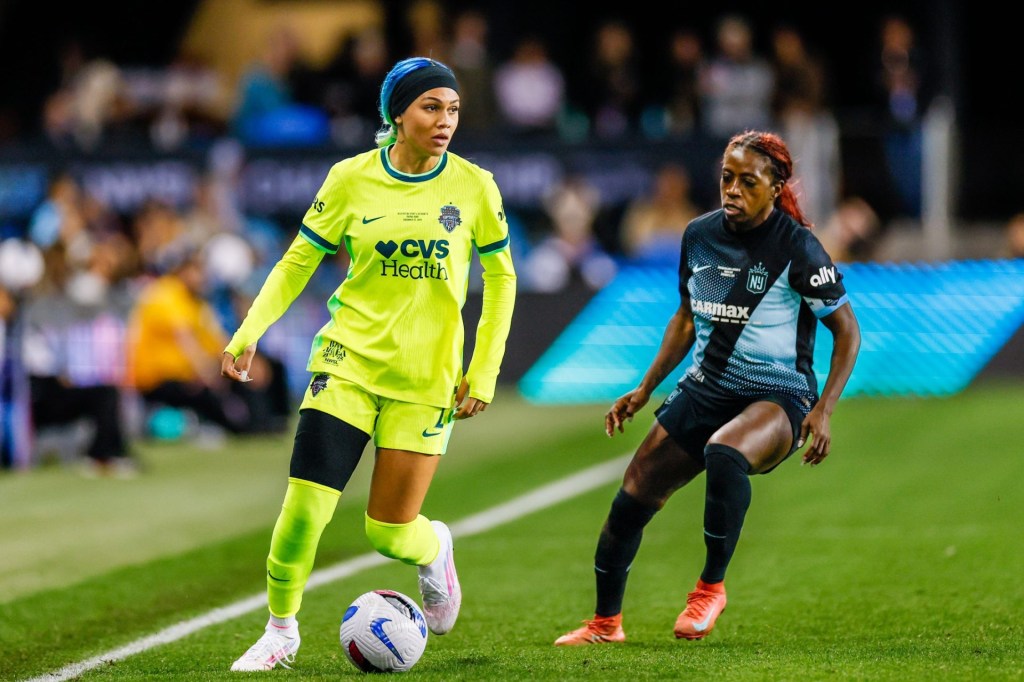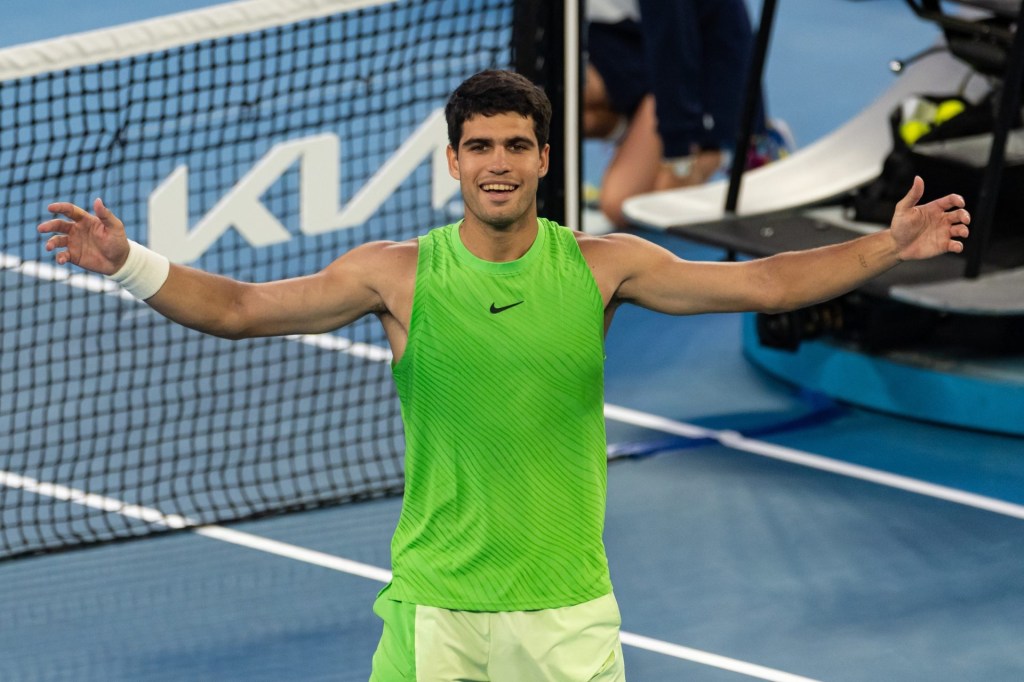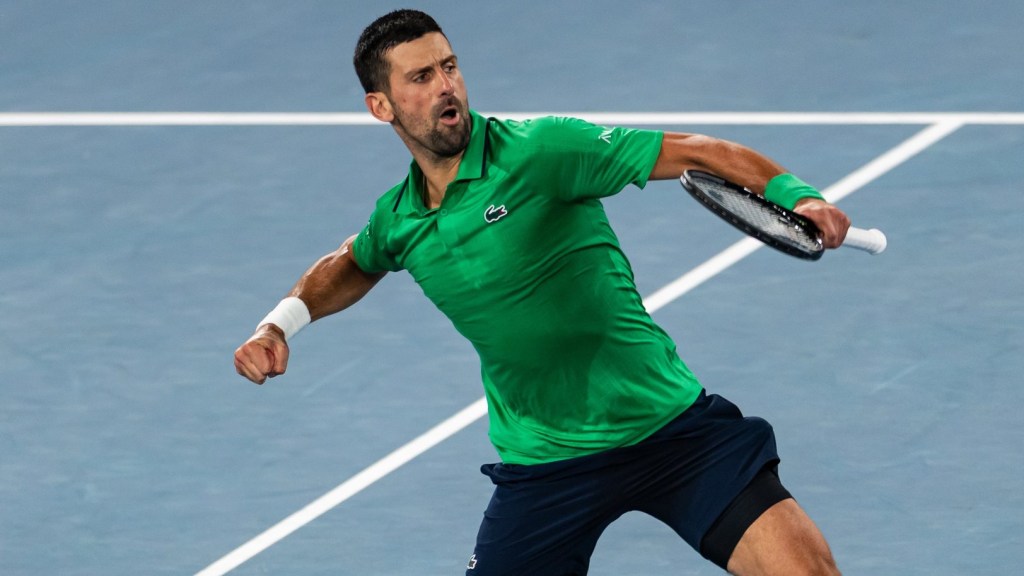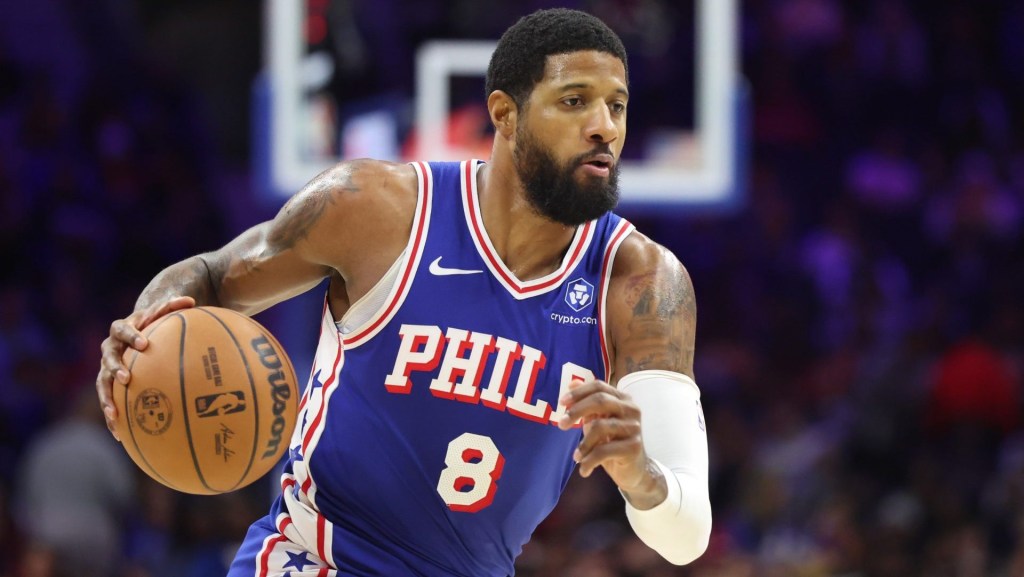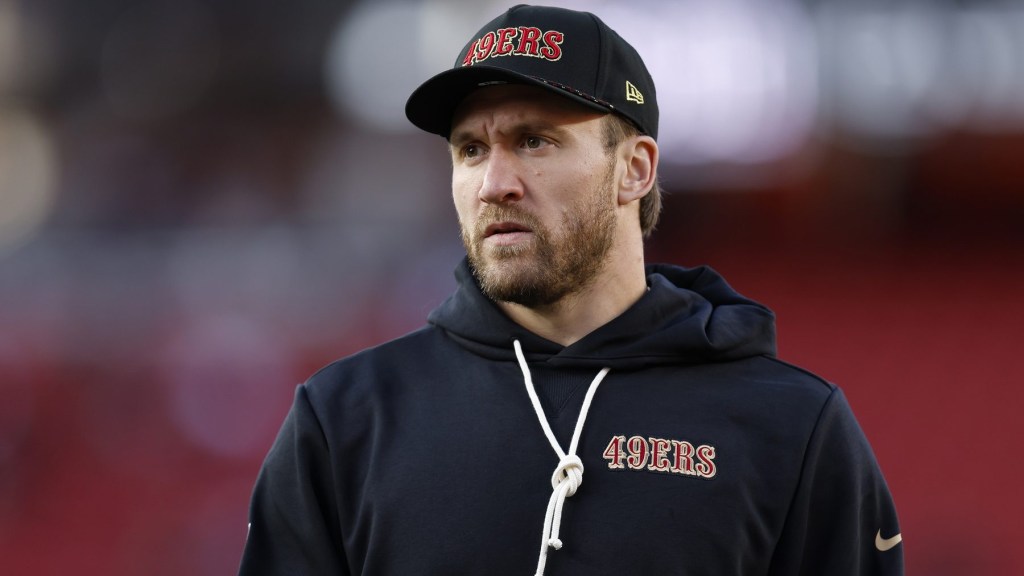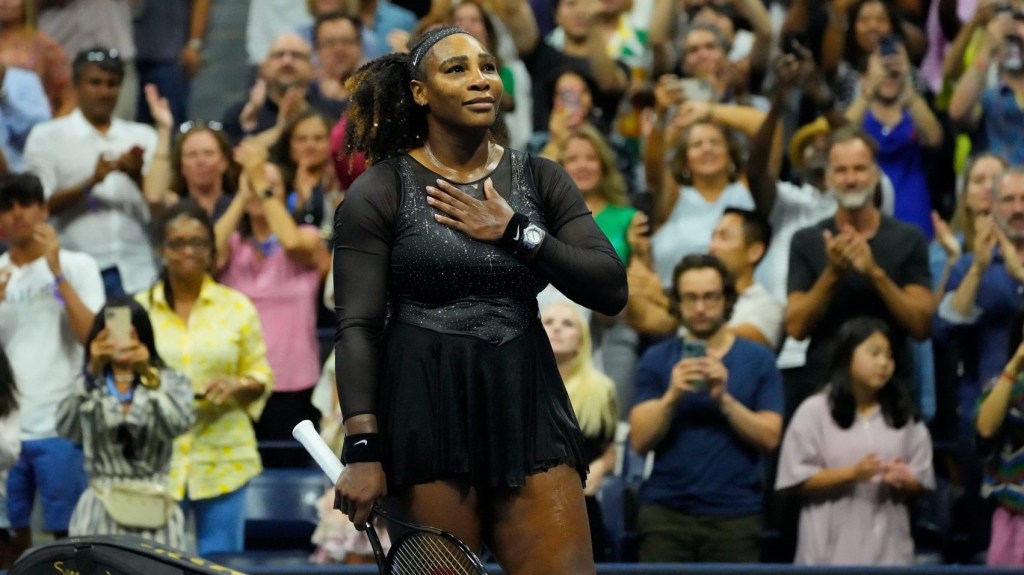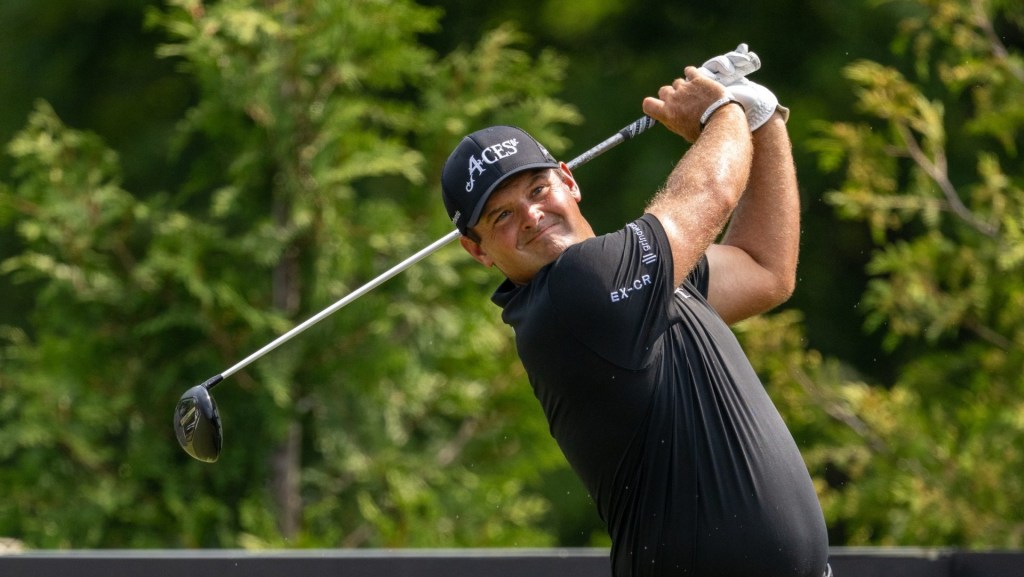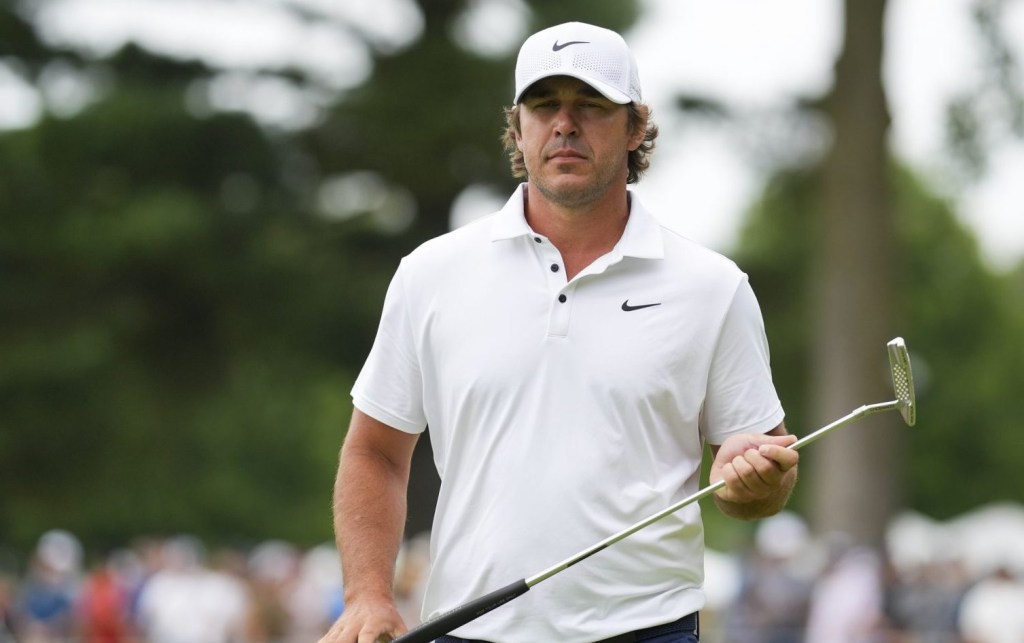Long known for her soccer skills and LGBTQ+ activism, Kelley O’Hara can now add podcaster to her resume. Beginning on July 21, the two-time World Cup champion and United States women’s national soccer team star will be launching the Just Women’s Sport Podcast with the eponymous female sports media outlet.
Founded by former NWSL player Haley Rosen, Just Women’s Sports is a website and newsletter dedicated to growing women’s sports in the U.S. Despite launching in January – mere months before the coronavirus pandemic halted every nationwide sport – Just Women’s Sports was able to maintain a click-through and open rate of roughly 11% and 40%, respectively.
When O’Hara initially met Rosen, it was for the opportunity to have her join Just Women’s Sports as an advisor. By the end of the conversation, the two were talking about O’Hara hosting her own podcast.
Front Office Sports spoke with O’Hara about the Just Women’s Sports podcast, how she is juggling both her NWSL and podcasting responsibilities and if she envisions a career in media once she hangs up her cleats.
The questions and responses have been lightly edited for clarity.
Front Office Sports: How and when did you first become aware of Just Women’s Sports?
Kelley O’Hara: I first heard about Just Women’s Sports when a teammate put me in touch with Haley. The original conversation was about having me come on as an advisor but by the end of the conversation we were talking about the potential for me to host their podcast. I started following Just Women’s Sports as soon as it launched and my favorite part has been the newsletter. I’ve always been a fan of other women’s sports but I feel like I am way more informed having the weekly newsletter to keep me up to speed on everything that is happening.
FOS: What drew you to wanting to work with JWS and Haley on this podcast?
KOH: What excited me about the podcast was getting a chance to have candid conversations with athletes I admired and respected. I love hearing people’s stories. On top of that, female athletes don’t get enough media coverage, period. As I have gone through my career, I have realized if you don’t like something or think it should be done differently, you can’t sit around and wait for someone else to do it better, you have to be the one to do that. Haley and I get along because we have that similar attitude. We both think that if you want things to change, you have to roll up your sleeves and do it yourself.
FOS: From playing in the NWSL to getting involved with the podcast, what is the day-to-day looking like for you right now?
KOH: The day-to-day has been practice whenever they give us our practice times. Sometimes it’s 9:00 AM, sometimes it’s 11:30. Thankfully, since I’m in Utah and playing for [the NWSL’s Utah Royals FC], we’ve been able to stay at our apartment so I’m either here or at the facility because we’re not allowed to go anywhere else. It’s been mostly just practice, recovery, treatment meetings and then all of the off-field stuff, including podcasting.
FOS: What does podcasting look like right now? Is it being all done remotely?
KOH: This has been in the works for awhile. We’ve been planning this since the beginning of the year and we actually kicked off recording in the first or second week of March. We were trying to do all of the recordings in person, and everything escalated very quickly. Every recording session we had got canceled because of COVID, so we took a couple weeks and I guess a month or two to kind of pivot and figure out how we wanted to do it remotely.
We have now moved to that, and it’s actually probably for the best. Being an athlete, in normal times, we would all be on different pages, different schedules in different places. So the remote recording has actually worked out great – we just record over Zoom, work with our podcast and recording audio partner and they take care of everything. I just sit down on a Zoom call and have a conversation with all the guests. We ended up sending them a mic ahead of time so that it’s quality audio, and it’s worked out pretty well.
FOS: You’ve gone through hundreds of interviews as a player, but what has it been like being the one to ask the questions as opposed to the one answering the questions?
KOH: It’s been fun, I enjoy it, and I think it’s a bit different because a lot of times you have media people who are asking questions who have never lived in an athlete’s shoes. I don’t know how to say that nicely, but you just get a connection. The conversation… sometimes it probably comes off better than if you’re talking to just a reporter because it’s athlete-to-athlete, peer-to-peer and I think that hopefully that will come off well in all of our episodes because we have shared experiences. Even though we don’t necessarily – or most athletes I’ve interviewed – play the same sport, we all have gone through similar situations in terms of things that we’ve faced as athletes.
FOS: Having the first podcast episode feature Alex Morgan, what was that like being able to talk with her in a setting that you hadn’t really done before?
KOH: I wasn’t that nervous, but I’ve never sat down and interviewed a friend before, and I obviously know her so well. We’ve gone through so many things together, she’s one of my closest friends but, through the interview, I felt like I found out pieces of her that I never really thought about before or never recognized. I feel like that’s a good interview when you know someone really well and then you pulled something out that maybe you didn’t even realize before.
It was definitely fun and an interesting experience, but it was really enjoyable.
FOS: Touch on that a little bit more. What was a big takeaway you had doing the first podcast episode with Alex?
KOH: The premise of the podcast is just hearing about each athlete’s personal journey and there’s a lot of similarities throughout for the different athletes, but obviously a lot of differences. With Alex, halfway through the interview I was like, ‘I never realized this,’ but I feel like what makes her so special as an athlete and a competitor is her ability to learn things very quickly and to go from like A to Z in skill and understanding.
She does that very quickly and I realized that in going through her story with her, she’s done it since she was a kid and she has continued to do it in college and then on the professional level, which I never really considered before I thought about it. In sitting down with her and talking through her life story, that was something that I pulled away.
She’s one of the best in the world, but why? For me, I was like, ‘that’s why.’ She can go from A-to-Z and any different level very, very quickly – much faster than anyone else can do it.
FOS: What do you hope listeners take away from the podcast?
KOH: I just hope listeners get a better understanding of all that goes into being a professional athlete. I want them to hear the truth behind what a lot of people see as just the triumphs and the highlight reels. I want them to see that even the best in the world have had their share of setbacks and defeats, and that it’s because of these moments that they know who they are. These are going to be candid, detailed conversations, and I think listeners are going to be both inspired and entertained.
We just recorded with Mikaela Shiffrin, and it was an amazing conversation. Towards the end, she told me that she loved just getting to talk with a fellow athlete. Even though we compete in totally different sports, we both felt like we could relate to each other. And that’s really the goal, is to create a space for these athletes to tell their stories the way they want to, in the terms they would use when talking to a peer.
FOS: With this podcast being the first experience for you in media, do you envision yourself going deeper into a journalistic role?
KOH: I think it’s a possibility. I haven’t really ruled anything out post-soccer, but the nice part about this is I can do it while I’m playing. At this level, that’s what I enjoy most – hearing people’s stories, sitting down and having a conversation. Even if I don’t know them very well, I love learning about how people become who they are and they accomplish the things that they do.
At this point, I’m very happy with just podcasting, but I won’t rule out anything for the future.
FOS: What has it been like seeing female athletes like yourself, Chiney Ogwumike, and others branching out into sports media during the pause in live sports?
KOH: It’s honestly made me super excited about the future of women’s sports. I know there’s a lot of uncertainty right now, but female athletes are proving that they’re a cultural force even in a world without games. Athletes are driving some of the most important conversations in our country at the moment, and what we’re seeing is that when you give these women a platform, people listen. The audience is there – now we have to go meet them.
